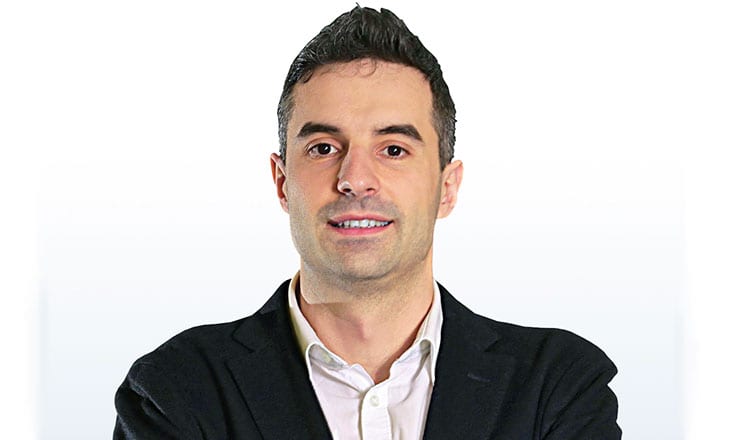LeapRate Exclusive… Andrey Stoychev has been recently promoted to Executive Director Trading and a Board Member of the multi-asset fintech company JFD Group.
The company, on the other hand, after the successful acquisition of the German-based ACON bank has changed its name and combined retail and institutional services under the brand JFD Bank, making the website www.JFDBANK.com its new online hub for all current and future services offered by the FinTech group.

Andrey Stoychev
Andrey joins Leaprate today for an exclusive interview, letting us take a closer look at how brokers manipulate their platform’s levels, how could clients protect themselves from market manipulation, and more.
LR: Can brokers manipulate their platform’s levels and this way cause losses to their clients?
Andrey: A distinction should be made between what brokers can do and what they will willfully decide to do. Indeed, there are tools which can be used by brokers to manage their prices, but in most cases we speak of spreads, speed of execution, swap points and so on. In an ever more regulated and competitive market, brokers compete to offer better trading conditions and thus attract clients. Furthermore, clients have access to multiple platforms and can easily spot the differences. In this regard, manipulating platform levels is not in the best interest of the company in the long-term.
For example, at JFD we are constantly monitoring the speed of execution and the quality of the liquidity which we receive from our partners to be sure that we deliver transparent offering and the best possible result for our clients all the time.
LR: Is stock market manipulation still an issue in 2019?
Andrey: Regulators are putting great efforts to crack down on market manipulation activities. Additionally, there are many internal procedures put in place by the Banks, Mutual Funds, Brokers etc., to minimize the possibility of such occurrences. However, despite the best efforts made by all parties, there are still people who try to take advantage of the market.
LR: How can clients protect themselves from market manipulation?
Andrey: The best thing clients can do is trade markets they know and understand. The more you know about the asset, the least likely it is that you are misled to trade based on false information. This is especially true for small, not very liquid companies and “penny stocks”, as their prices are much more easily manipulated. Clients should also know their broker and trust they will not be taken advantage of.
LR: Do regulators and other authorities easily detect market manipulation?
Andrey: This is not an easy task. Some schemes may go on for years until they are detected and acted upon. Sometimes authorities depend on “whistleblowers” to provide information for such activities and thus have put in place regulatory protections. Although it is a difficult and lengthy process, the imposed fines make it quite an expensive venture for the manipulators and involves the possibility of huge fines.
LR: How do brokers make money on short selling?
Andrey: In short – by charging interest on the short position held by the client. Short selling is possible due to the agreement between the broker and holders of long positions in a company to take the latter’s shares and lend them to short sellers. Since they are borrowing someone else’s shares, short sellers pay interest as compensation.
LR: How does short selling drive prices down?
Andrey: Short selling is sometimes viewed as a bad and unethical practice, as it can be used by market manipulators to increase the selling pressure on a stock and drive the price of a company down. Short selling restrictions on some stocks might increase such suspicions. In reality, however, short selling adds liquidity to the market. It also acts as “reality check” and adds restraints in a bullish market.
LR: What is the Pump and Dump method and is it illegal?
Andrey: Yes, Pump and Dump is a direct market manipulation and is therefore illegal. It basically represents the act of buying a stock and then inflating the price by false or exaggerated statements. When trading low volume stocks, heavy purchasing leads other investors to start purchasing, thus driving the price up. Whichever the case, the manipulators’ goal is to sell their shares, once the price has gone up. This may cause the price to drop significantly very fast and cause heavy losses to new investors.
LR: How is JFD protecting its clients against market manipulation and bad practices?
Andrey: We have very strict systems and procedures in place which make sure that clients are treated fairly and receive the high level of service they are expecting. The team responsible for monitoring pricing, order execution and flow have extensive experience in the field. They have seen many situations and know how to cope with any case no matter how complex it is.
Experienced independent writer and journalist with a demonstrated history of working in the global online trading sector.
